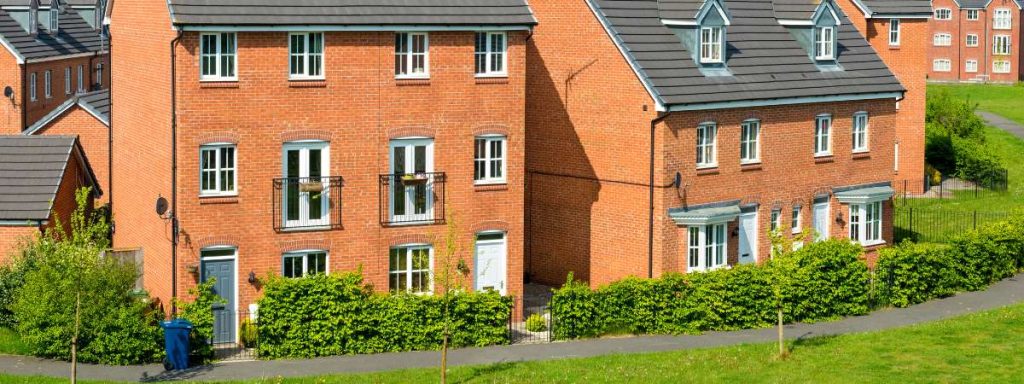Both building regulations and planning permission are important requirements that must be met in order to ensure that your construction project is legal and safe. While these two terms are often used interchangeably, they are actually quite distinct from each other.
In this article, we’ll discuss the differences between planning permission and building regulations in the UK.
Planning Permission
Planning permission is a legal requirement for any construction work in the UK, regardless of the size of the project. The purpose of planning permission is to ensure that any proposed development is in line with local planning policies and will not have a negative impact on the surrounding area.
Some of the factors that are considered when assessing a planning application include the design and appearance of the building, the impact on neighbours and the environment, and the suitability of the site for the proposed development.
The process of obtaining planning permission involves submitting an application to the local council, which will review the application and assess whether it meets the necessary criteria. In some cases, the council may request additional information or make amendments to the plans before granting planning permission.
The council may also consult with the local community and other stakeholders to gather feedback on the proposal.
It’s important to note that planning permission is valid for three years from the date it is granted, and work on the development must commence within this timeframe. Otherwise, a new application will be required.
Building Regulations
Building regulations are technical standards that ensure that buildings are safe, healthy, and energy-efficient. These standards apply to all construction work, from new builds to small home renovations. The purpose of building regulations is to ensure that all construction work meets a set of minimum standards to protect the health and safety of the occupants of the building, as well as to ensure that the building is energy-efficient and sustainable.
The process of complying with building regulations involves submitting detailed plans and technical specifications to the local authority or a private building control inspector.
These plans and specifications should cover everything from the proposed construction method and materials to be used, to the layout and design of the building, and the installation of services such as electrics and plumbing.
Once these plans have been reviewed and approved, work can commence. Throughout the construction process, building control inspectors will carry out regular site visits to ensure that the work is being carried out in accordance with the approved plans and meets the necessary standards.
The final inspection is carried out to issue a completion certificate, which confirms that the building work has been carried out in accordance with the approved plans and meets the necessary standards.

Key Differences Between Planning Permission & Building Control
While planning permission and building regulations may seem similar, there are some key differences between the two:
- Purpose: The purpose of planning permission is to ensure that any proposed development is in line with local planning policies and will not have a negative impact on the surrounding area. The purpose of building regulations is to ensure that all construction work meets a set of minimum standards.
- Approval Process: The approval process for planning permission involves submitting an application to the local council. The approval process for building regulations involves submitting detailed plans and technical specifications to the local authority or a private building control inspector.
- Considerations: Planning permission considers the design and appearance of the building, its impact on neighbours and the environment, and the suitability of the site for the proposed development. Building regulations cover everything from the materials used in construction to the installation of services such as electrics and plumbing.
- Timeframe: Planning permission is valid for three years from the date it is granted, and work on the development must commence within this timeframe. Building regulations must be followed throughout the entire construction process, and building control inspectors carry out regular site visits to ensure compliance.
In conclusion, while planning permission and building regulations may seem similar, they serve different purposes and are essential components of any construction or renovation project in the UK.
Understanding the requirements for each can help you navigate the process more smoothly and avoid costly mistakes.



